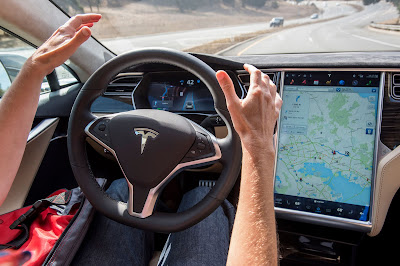Tesla has made statements suggesting that their Autopilot system, an advanced driver-assistance feature, has the potential to improve overall vehicle safety and reduce the risk of accidents. However, it is important to approach such claims with caution and consider several factors:
Limitations of Autopilot: Tesla's Autopilot is designed to assist drivers with certain driving tasks but is not a fully autonomous system. It still requires driver attention and supervision. The system has limitations and may not be able to handle all driving scenarios or unexpected events.
Variability in Accident Scenarios: Car accidents can occur due to various factors, including the actions of other drivers, pedestrians, adverse weather conditions, and mechanical failures. While Autopilot may help prevent certain types of accidents, it may not be effective in all possible scenarios.
Reliability and Validation: The claim that Autopilot could avoid 90% of car accidents would need to be supported by comprehensive and independent studies analyzing real-world data. It is important to examine the methodology and evidence behind such claims.
Reporting Bias: It is worth considering the possibility of reporting bias, as accidents involving Tesla vehicles equipped with Autopilot might receive more media attention, leading to a potential overemphasis on those incidents.
Assessing the safety impact of any advanced driver-assistance system like Tesla's Autopilot requires extensive research, analysis of real-world data, and independent evaluation. It is always crucial for drivers to remain vigilant, follow traffic laws, and be prepared to take control of the vehicle at all times, even when using driver-assistance systems.
To stay informed about the latest developments and safety information regarding Tesla's Autopilot system, it is recommended to refer to official statements from Tesla, follow updates from regulatory authorities, and consult reliable sources of automotive news and analysis.

